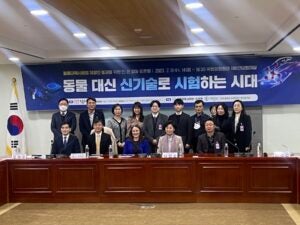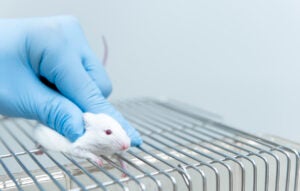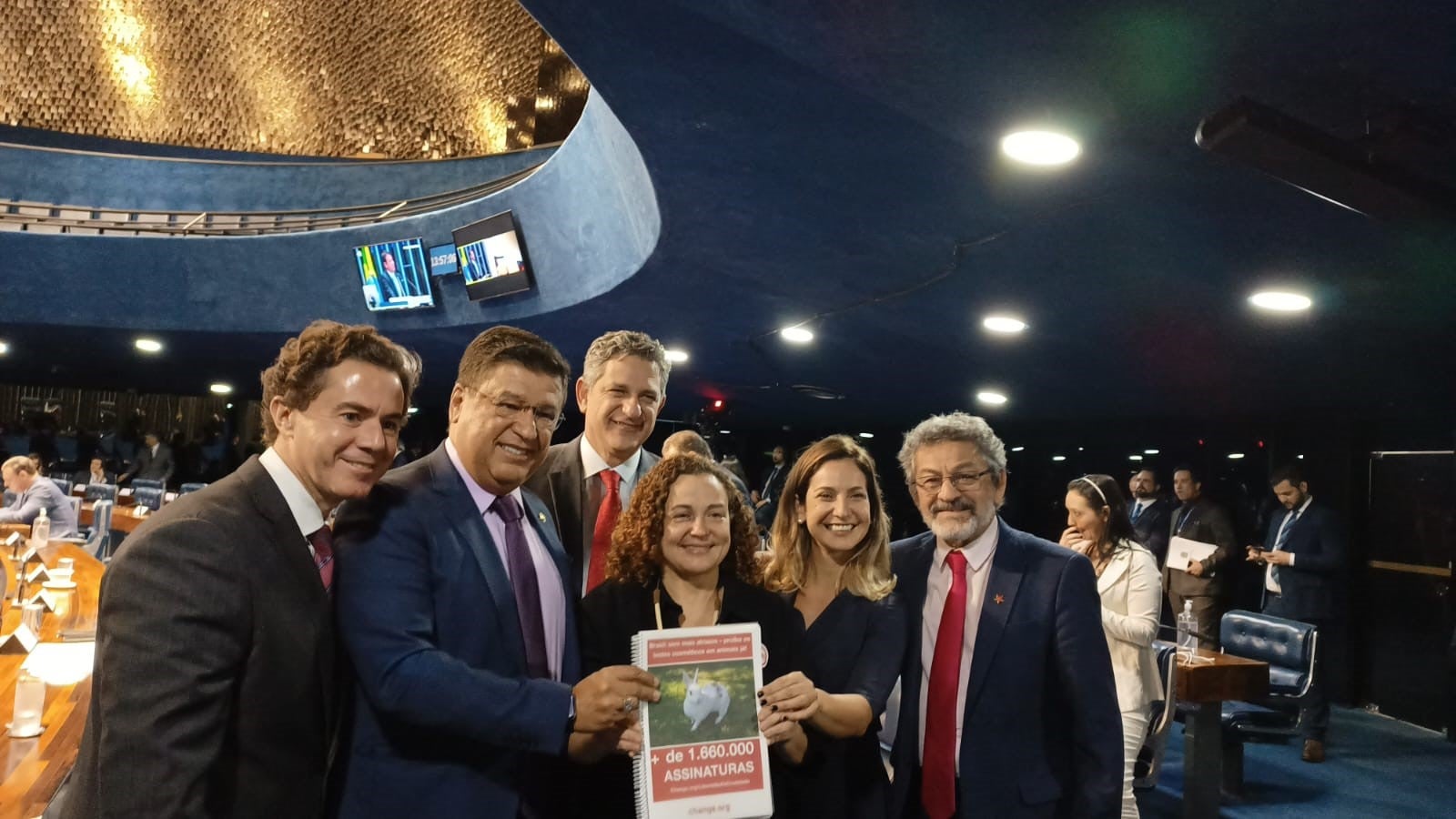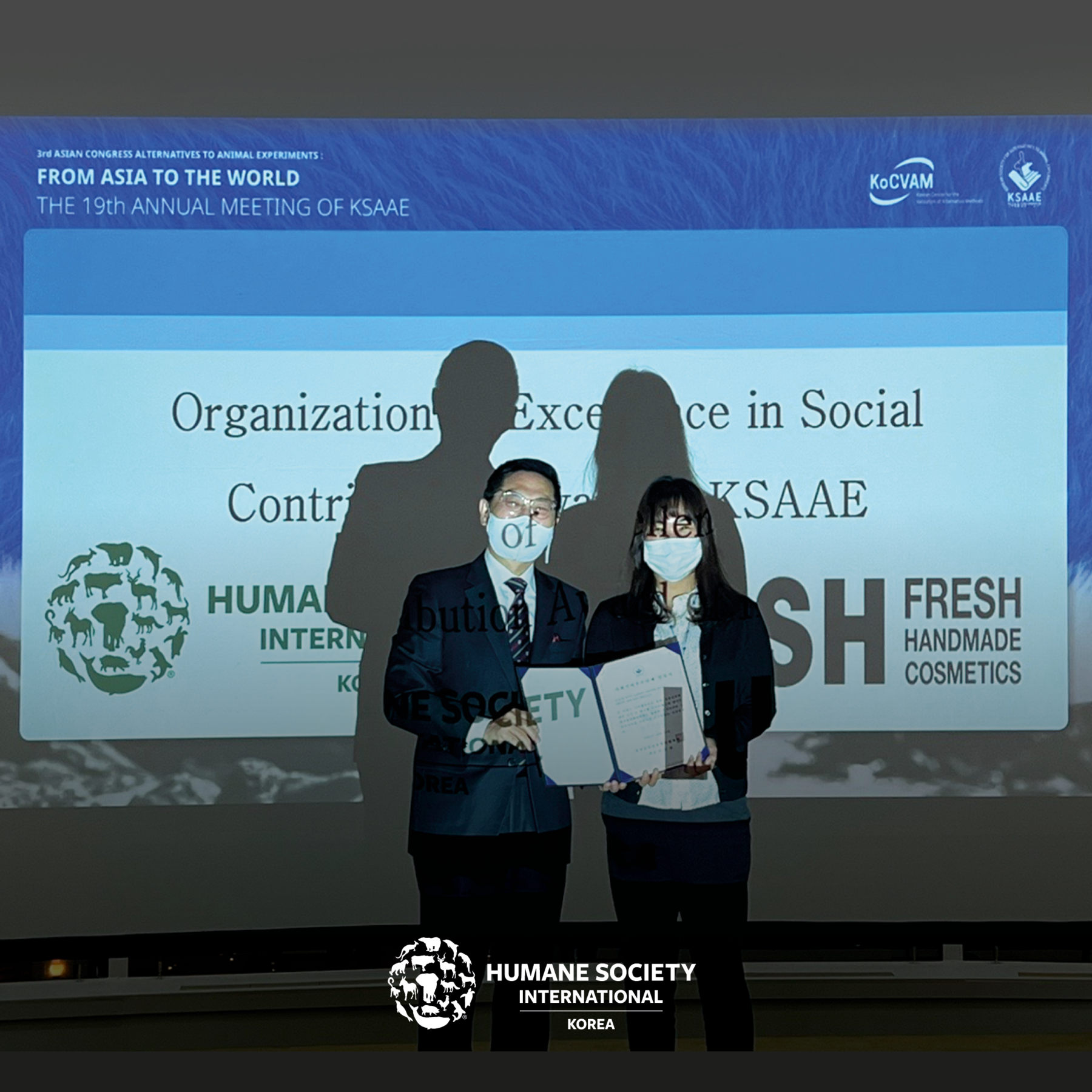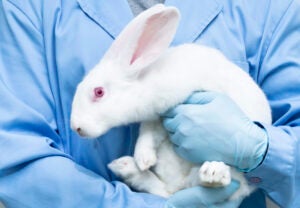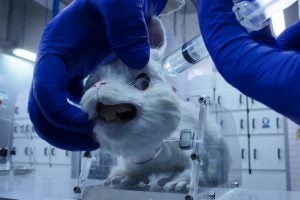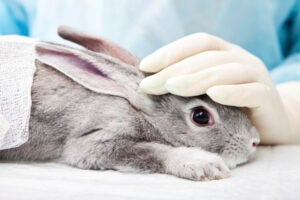
BRUSSELS—A first-of-its-kind Master Class in Animal-Free Cosmetic Safety Assessment has been launched by the Animal-Free Safety Assessment Collaboration (AFSA), a global coalition of corporate, non-profit, and data science leaders working to advance acceptance and use of animal-free safety science as a gold standard across regulatory frameworks worldwide. Release of the AFSA Master Class comes on the 10-year anniversary of the European Union bans on cosmetics animal testing and trade, and amid growing debate regarding the value of animal-free approaches in safety decision-making.
Dr Catherine Willett, principal coordinator of the AFSA Master Class and senior director of science and regulatory affairs at Humane Society International, said: “The ability to perform animal-free risk assessment for a wide range of consumer products and their ingredients is at our doorstep, yet there remain some significant barriers to acceptance and wide implementation of these approaches. We hope our AFSA Master Class will contribute to greater understanding, acceptance, and global capacity to implement animal-free approaches as the basis for regulatory safety decisions.”
The AFSA Master Class is a free, in-depth, e-learning course designed to support safety assessors and regulators, compliance specialists, SMEs, CROs, NGOs, and other interested stakeholders develop a greater understanding of contemporary non-animal predictive approaches, and increase their confidence in their use to inform regulatory decisions, support safe and sustainable products by design, and aid compliance with mandates restricting animal testing. The course content is based on established scientific principles of “next-generation risk assessment,” an exposure-led, hypothesis-driven risk assessment approach that integrates existing knowledge with in silico, in chemico, and in vitro approaches in a tiered framework to identify situations in which a product or ingredient may be used safely.
Dr Julia H Fentem, Head of Safety & Environmental Assurance Centre (SEAC), Unilever said, “The safety of the cosmetics and personal care products that consumers use and trust every day is of the utmost importance. Our unique AFSA Master Class program is focused on the safety assessment of cosmetic products and ingredients without generating new animal data, and covers all aspects of using non-animal tools and data for internal company decisions-making as well as regulatory safety assessments.”
Troy Seidle, VP research & toxicology at Humane Society International said: “With significant proposed changes to EU regulations under the Chemicals Strategy for Sustainability, a rigid focus on hazard, and some stakeholders’ lack of confidence in non-animal approaches, our AFSA Master Class comes at an opportune time. Our hope is that, through this program, we can build a future where animal-free methods are the cornerstone of a more effective, efficient, and ethical regulatory safety paradigm for cosmetics and chemicals.”
AFSA partner L’Oréal said, “We believe that scientific and regulatory advancements of non-animal testing methods is only possible through multidisciplinary cooperation. Raising awareness on better science is a fundamental step in reaching beauty without animal testing. Our AFSA Master Class is providing state-of-the art scientific content on the safety assessment of cosmetic products and ingredients, encompassing a large spectrum of predictive approaches in decision making.’’
The AFSA Master Class is available online at AFSAcollaboration.org/MasterClass and is being released in three phases in March, May, and July 2023.
ENDS
Media contacts:
- Humane Society International: Cassie Bodin-Duval, international media relations coordinator : cbodinduval@hsi.org ; +32 (0) 469 149 469
- Unilever: Amy Lababidi, amy.lababidi@unilever.com
Notes to editor:
- The AFSA Master Class consists of 10 modules corresponding to discrete steps in the risk assessment process (problem formulation, consumer exposure, predictive chemistry, exposure-based waiving, history of safe use, in vitro assay synthesis, internal exposure, and integration into risk assessment), together with overview modules on the NGRA framework and the global regulatory environment for cosmetics.
- The course content is based on the principles of next-generation risk assessment and was built by more than 50 experts from AFSA Collaboration members Avon Products Inc., Crème Global, Delphic HSE, Firmenich, Givaudan, Humane Society International, IFF, Institute for In Vitro Sciences, Lhasa Ltd., L’Oréal, Lush, Procter & Gamble, Symrise, and Unilever.
- The EU was hailed as the world’s largest cruelty-free beauty market in 2013 when the final phase of its step-wise bans on cosmetics animal testing and sales entered into force. However, since 2020, the European Chemicals Agency has begun requesting new animal tests for cosmetic ingredients under the EU chemicals legislation “REACH” in spite of the ban under the cosmetic products regulation.


